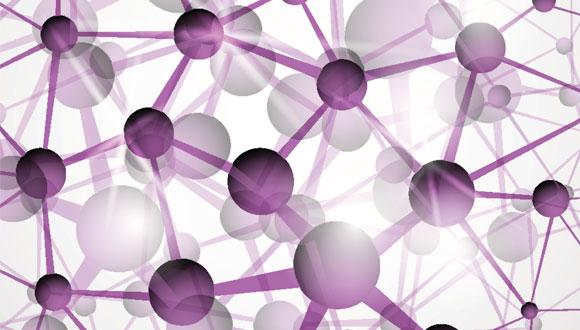Physics Colloquium: Electro-convective Instability in Concentration Polarization
Prof. Isaak Rubinstein, Ben-Gurion University
Abstract:
Ionic current passage from an electrolyte solution into a charge selective interface is common in electrochemistry: e.g., a cathode on which the metal ions deposit from a salt solution, ionic current into an ion exchange membrane in electrodialysis, or into a nano-slot in micro-fluidics. This passage is diffusion limited – concentration gradients form and induce an apparent increase of electrical resistance. In electrochemistry, this diffusion limitation is called ionic concentration polarization. For strong concentration polarization, an electro-convective vortical flow sets on near a planar horizontal interface as a result of hydrodynamic instability of one-dimensional steady state ionic conduction. Two types of electro-convection in strong electrolytes may be distinguished: bulk electro-convection, due to the action of the electric field upon the residual space charge of a quasi-electro-neutral bulk solution, and convection induced by electro-osmotic slip, due to electric forces acting in a thin electric double layer of either quasi-equilibrium or non-equilibrium type near the solid/liquid interface. For a long time hydrodynamic instability in concentration polarization has been attributed to non-equilibrium electro-osmosis related to the extended space charge which develops in the extreme diffusion limitation conditions. This attribution had a double basis. Firstly, it has been recognized that equilibrium electro-osmosis cannot yield instability for a perfectly charge-selective interface, and so cannot the bulk electro-convection. Secondly, it has been shown that non-equilibrium electro-osmosis can. It turns out that relaxing the assumption of perfect charge-selectivity allows for both equilibrium electro-osmotic and bulk electro-convective instability.
Event Organizer: Prof. Sasha Gerber


